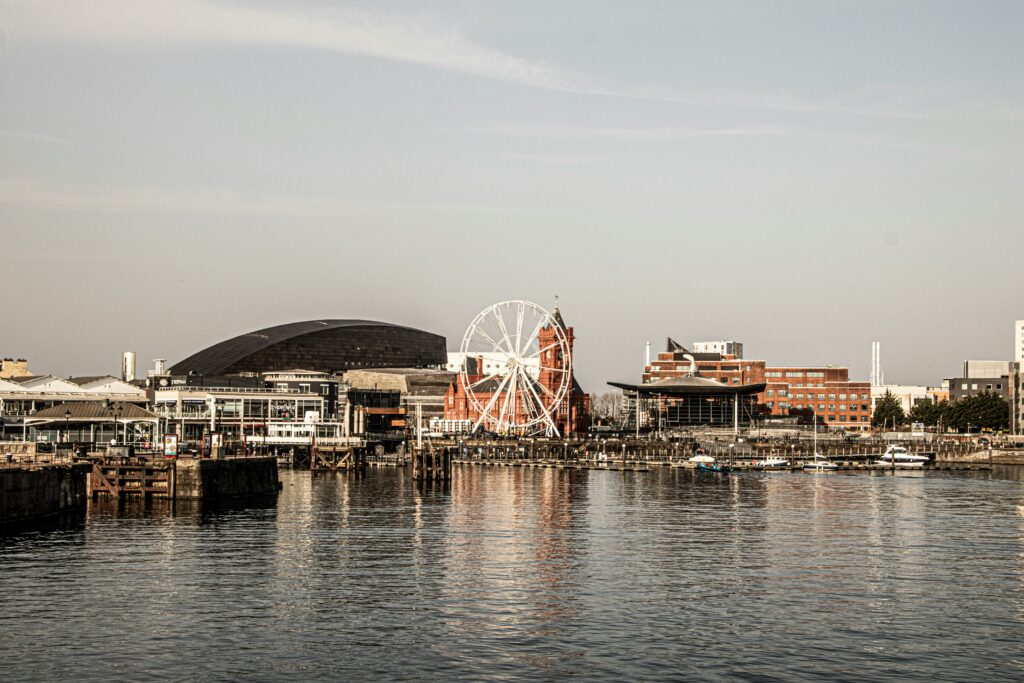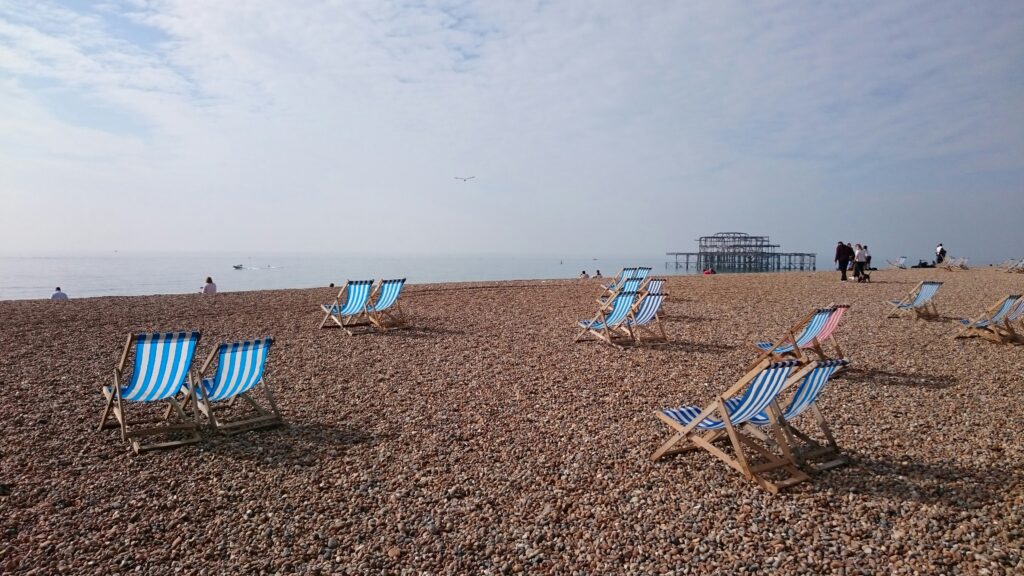
What Happens When a Leasehold Ends?
Estimated reading time 8 minutes
If you own a leasehold property, safe to say you’re aware that it comes with a particular set of rules and responsibilities.
For one thing, unlike outright ownership (freehold), leaseholders essentially rent their property for a specified term. But what happens when that term starts to wind down?
Perhaps you’re nearing the end of your lease term, or thinking of selling up — or simply curious about your options.
Maybe you’re thinking:
- What is a leasehold?
- What happens when a leasehold ends?
- What is a good remaining lease length?
- How do I extend my leasehold?
- What are my options when my leasehold is expiring soon?
Good news: By the end of this guide, you’ll have a clearer understanding of your leasehold situation and the confidence to make informed decisions about your property’s future.
Let’s dive in.
What is a leasehold property?
Leasehold is a form of property ownership, and it’s very common in the UK.
Unlike freehold properties (where you own the land and building outright), a leasehold gives you the right to live in a property for a specific period, typically ranging from 99 to 999 years. In return, you pay ground rent to whoever owns the land (the freeholder). Most flats are leasehold, but 1 in 4 (28%) leasehold properties are houses (as of 2022/3).
Freehold ownership means a property is yours forever. Leasehold ownership, on the other hand, comes with a ticking clock, counting down to the end of the lease.
If you own a leasehold property —- and especially if you’re thinking of selling it — understanding your options is crucial to protecting your property rights and investment.
What happens when a leasehold expires?
When your leasehold term ends, the property technically reverts back to the freeholder. Despite living there and potentially paying off a mortgage, you no longer legally own the property. This can be a shock for many leaseholders.
But there’s no need to panic. Most leases are extended well before their end date. If yours isn’t, there are options. The freeholder might propose an assured shorthold tenancy, or they could seek possession. But don’t worry, they need a court order to do this.
Even if neither of these happens, you can still extend your lease or buy the freehold, though this can be costly. Remember, your mortgage repayments only cover the lease, not the property itself.
What’s considered a good remaining leasehold length?
A short remaining term on a leasehold property means it can be harder to sell it. Therefore ‘good’ here means a lease that’s still long enough to be reasonably appealing to potential buyers.
Leasehold properties with less than 80 years left on the lease are considered risky investments for buyers (and lenders too). This means that the value will fall as the amount of years left on the term decreases.
This means that if you’re looking at buying a leasehold property, you want to make sure that 80+ years will remain after you sell it on. So, if you plan on moving again in 5 years, make sure the property you buy has at least 85 years remaining.
But what if you want to sell your existing property with less than 80 years remaining? Let’s take a look at your options.
How much does a lease extension cost?
The cost of a lease extension depends on factors like the remaining length of the lease, how many years you’re adding, the property’s value, even how high the ground rent is. It can also depend in part on your negotiation skills — and those of the freeholder.
The longer your lease, the cheaper the extension. For example, to extend a lease with 95 years left, you can expect to pay around £5,000, or £6,000 for 85 years, according to the latest figures from Checkatrade. However, once you get below 80 years left, prices really start climbing. For a remaining lease of 79 years you’re looking at around £8,500, for around 70 years left it’s more like £14,000, and if you’ve less than 60 years left it can be around £24,000, and so on.
As the figures make very clear, if your remaining term is already very short, it might not be financially viable to extend your lease. However, you can find yourself between a rock and a hard place, as the short remaining term can also make it very difficult to sell the property, particularly as mortgage lenders don’t like lending on a property where the remaining lease is under 80 years.
What are my options for selling a property with a short lease?
Selling a property with a short lease can present challenges, but there are plenty of options:
Letting the lease expire
If no arrangements are made, the property reverts to the freeholder, and you (or your tenants) may be required to vacate. Alternatively, you may end up entering what’s called a statutory tenancy. This gives you limited protection and is generally not the preferred option. As a statutory tenant, you have the right to remain in the property, but the freeholder can increase rent without restrictions.
Heads-up, selling a property with a statutory tenancy can be incredibly challenging due to limited buyer interest and potential difficulties in obtaining a mortgage.
Selling without extending the lease
If you’re keen to sell quickly, you might consider selling your flat without extending the lease. However, be aware that this will significantly limit your potential buyer pool. This is because most mortgage lenders are reluctant to lend on properties with short leases, so realistically your target market is cash buyers or those willing to take on the financial burden of a lease extension.
Informal lease extension
An informal lease extension involves negotiating directly with the freeholder to agree on the terms of the lease extension without going through the formal process. This can be quicker and potentially cheaper, but it offers less protection for the leaseholder and relies on the cooperation of the freeholder.
Formal lease extension
The most secure option is a formal lease extension. The key steps of the process are:
- Serving a Section 42: This is a formal document informing the freeholder of your intention to extend the lease.
- Valuation: Both you and the freeholder will likely need to get valuations of the property to determine the premium.
- Negotiation: You and the freeholder will discuss the terms of the lease extension, including the length of the new lease and the amount of the premium.
- Formal agreement: Once you agree on the terms, a formal lease extension agreement is drawn up.
While it can be more time-consuming and expensive, it can provide long-term security and value for your property.
Selling with a pending lease extension
If you’ve already given notice of extension but haven’t completed the extension process, you can sell your property with the benefit of the assigned notice. This allows the new owner to continue the lease extension process.
Buying your freehold
If you dream of owning your property outright, you may be able to purchase the freehold from the freeholder. While this eliminates the complexities of leasehold ownership and provides full control over the property, it’s a significant expense. For many people, even with recent reforms promising to make the process cheaper, the expense outweighs the benefits, especially if they plan to sell the property in the near future.
Is your short lease causing sleepless nights?
With our extensive experience we fully understand the challenges of a short lease — and we have designed a unique, straightforward solution. This option has proven a lifesaver for many leaseholders facing short lease challenges.
Here’s what sets SellHouseFast.co.uk apart:
- We’re a cash house buyer, meaning we have the funds ready to buy, and we’re not at the mercy of picky lenders.
- We purchase properties regardless of lease length.
- We offer a personalised and tailored service for every customer.
- We provide a simple, transparent process with no hidden fees.
- We buy any house or flat nationwide, covering the entire UK.
Even if you’re still considering your options, getting a cash offer helps give you a clear picture of your choices and allows you to make a fully informed decision.
There’s no need to let the challenges of leasehold ownership make you lose sleep. Get a free, no-obligation cash offer today and regain control of your property situation.


